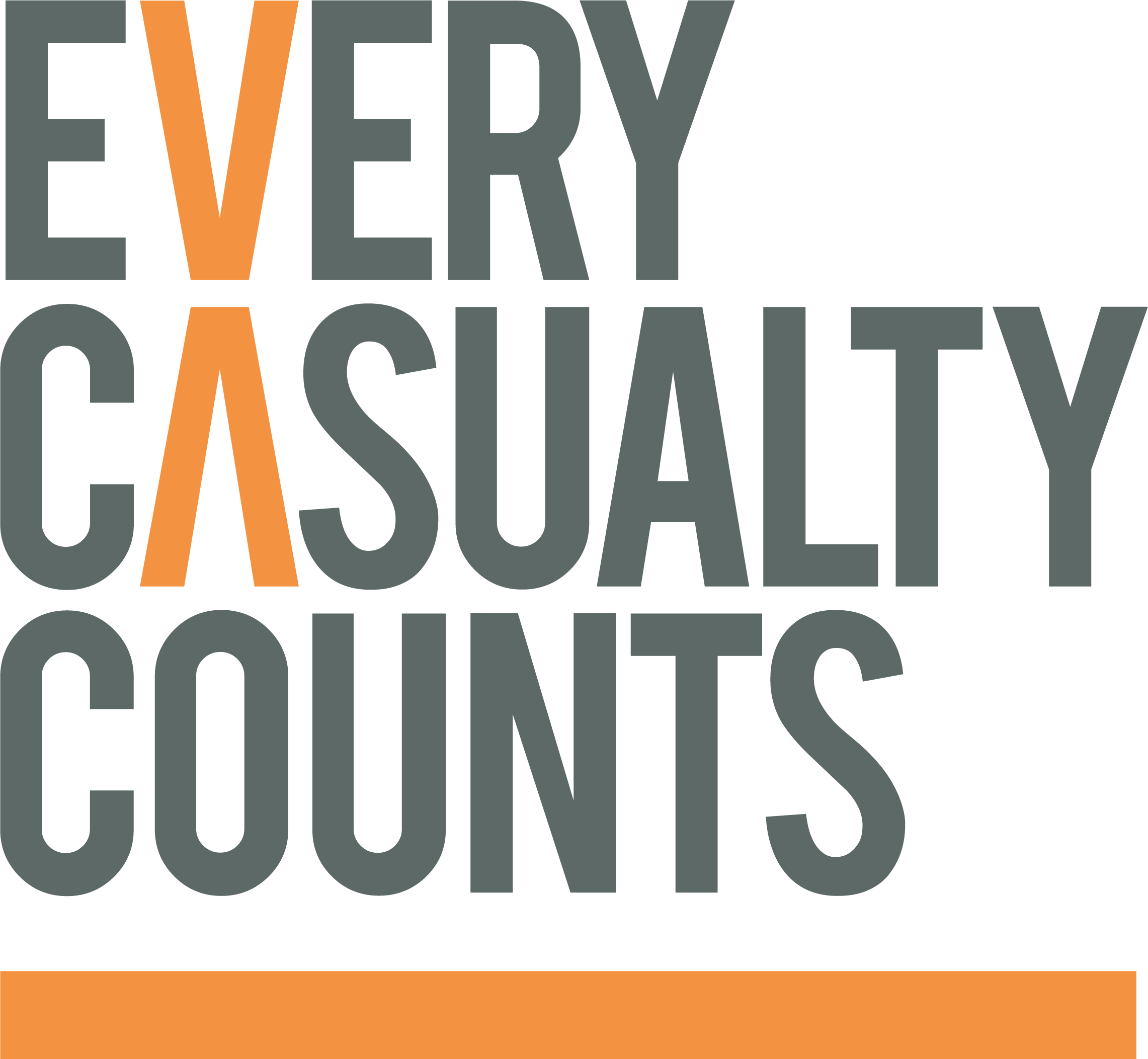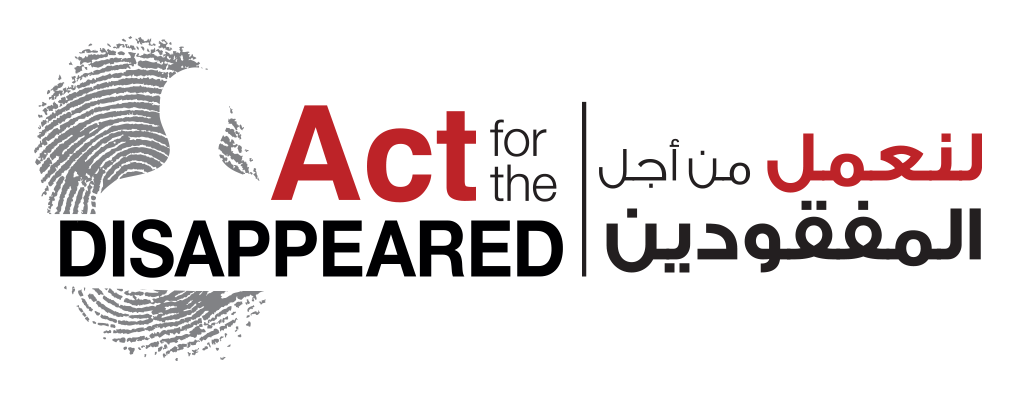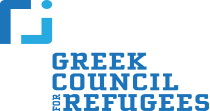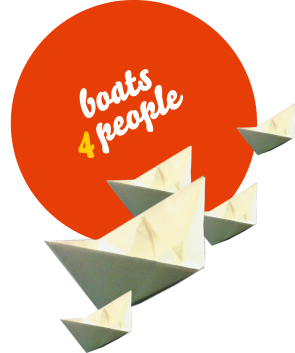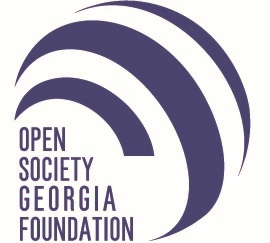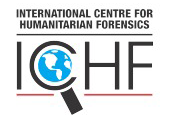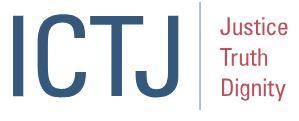
International Center for Transitional Justice (ICTJ)
We work side by side with victims to obtain acknowledgment and redress for massive human rights violations, hold those responsible to account, reform and build democratic institutions, and prevent the recurrence of violence or repression.
In societies dealing with massive and widespread human rights violations, justice usually results from the relentless, unwavering efforts of victims, activists, and civil society groups. From social leaders in Colombia to protesters on the streets of Tunisia, and from women’s groups in Nepal to human rights defenders in villages in northern Uganda, ICTJ is a constant ally of those on the frontlines of the struggle for justice, even in places where justice seems impossible. We help them develop their capacity to articulate and advance their demands, engage with institutions, influence legislation, and get results.
We Partner with Victims and Civil Society
Victims and their rights are central to transitional justice and at the heart of all that ICTJ does. ICTJ works side by side with victims in their quest for justice and helps to ensure that they have a say in the policies that affect them. We raise awareness about their rights and support efforts to hold perpetrators accountable, uncover the truth about the violations they and their communities suffered, and obtain acknowledgment and redress. We also partner with civil society organizations, including women’s, youth, and minority groups, that have a stake in building a more just, peaceful, and democratic society. Together, we press forward the institutional reforms and guarantees necessary to prevent the violations from happening again.
We Advise State Actors
When governments or other state actors resolve to create laws, policies, or institutions to address a legacy of gross human rights violations and deliver justice to victims, they often call upon ICTJ for informed analysis, advice, and technical assistance. As the “go-to” organization in the field, we gain access to key decision makers, offer recommendations that our partners consider and act upon, and support processes to design and implement feasible solutions.
We Build Bridges
Since its founding in 2001, ICTJ has convened victims, members of civil society, government actors, representatives from international organizations, practitioners, and experts for groundbreaking discussions on and initiatives to advance justice, accountability, and victims’ rights—stakeholders who otherwise may never meet face to face or work together.
We create platforms for victims and civil society groups to voice and discuss their demands and open channels of communications with relevant stakeholders at the national and international levels. When possible, we facilitate collaboration between victims and the state actors and institutions responsible for safeguarding their rights.
We Conduct Innovative Research
As a think tank that does, ICTJ conducts cutting-edge research that informs thinking at all policy levels and shapes the transitional justice field. Our research identifies emerging patterns from our fieldwork, explores comparative experiences from a wide-range of contexts, presents lessons learned and best practices, considers pioneering approaches, and offers timely policy analysis and recommendations based on more than 20 years of cumulative experience. We share this knowledge widely through publications and policy briefs, workshops and conferences, and global and targeted advocacy.
We Understand the Complexities of Social and Political Transformations
ICTJ continuously assesses the social and political dynamics and power relationships on the ground to better inform and refine our approach, mitigate risks, and identify and seize strategic opportunities to maximize impact. We tailor our work to a society’s unique circumstances, including its culture, history, capacity, and socioeconomic composition.
In countries undergoing profound transformation, the winds of change can come on suddenly and blow forcefully, often shifting these dynamics, at times dramatically. By regularly collecting and analyzing data and consulting with peers and partners to review our assumptions, we remain nimble and able to respond quickly to fast-evolving realities.
ICTJ strictly adheres to “do no harm” principles and takes all necessary steps to avoid exacerbating existing tensions or conflict in a society. We also put measures in place that protect the victims, vulnerable individuals, and other stakeholders who participate in our projects.
ICTJ partners with victims’ groups, activists, and officials to develop gender-sensitive and gender-responsive policies and processes that are informed by the priorities of all victims, including women, children, and members of the LGBTQI community. We work to ensure women and victims not only participate but play a central role in the design and implementation of transitional justice measures.




